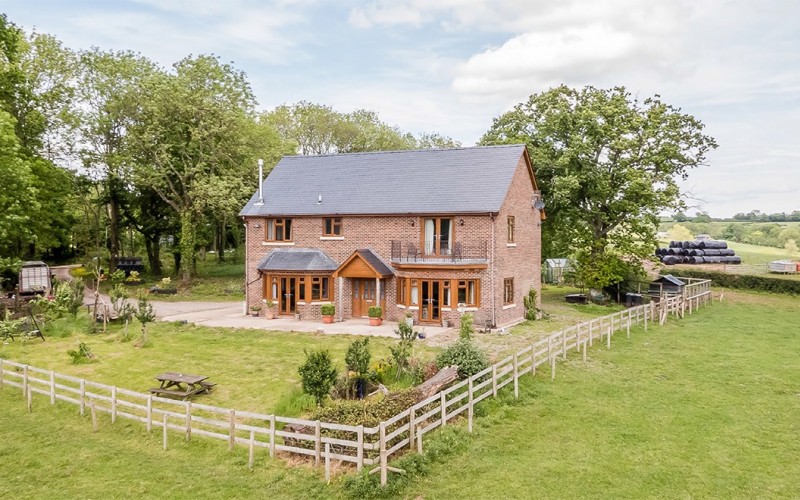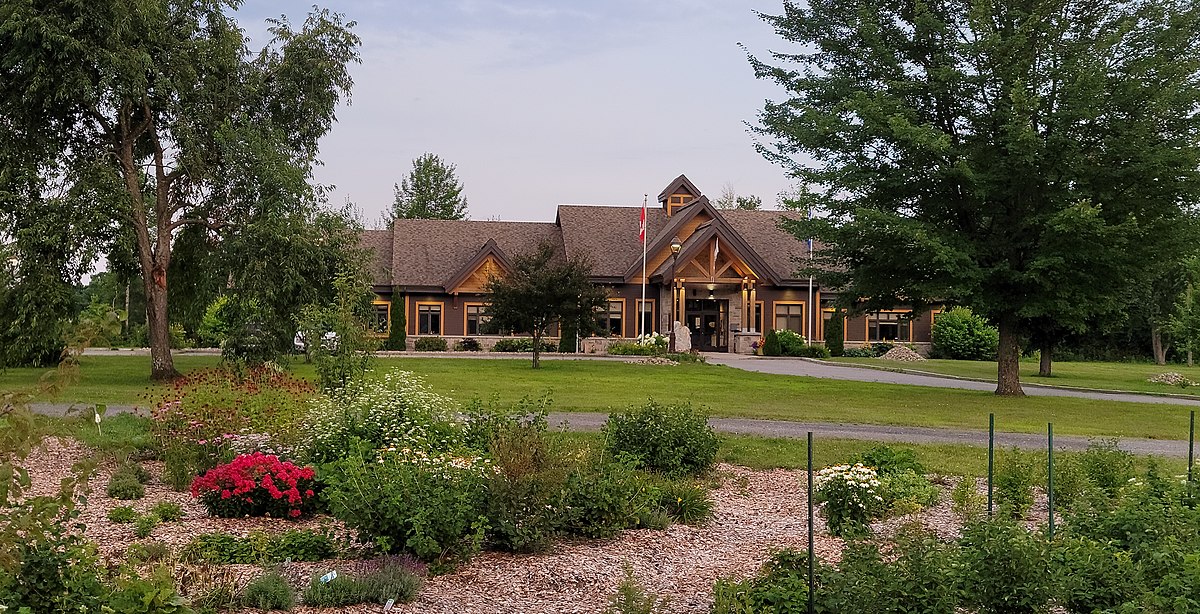Are you considering purchasing a rural property? If so, there are a few important factors that you need to be aware of before making such a significant investment. Living in a rural area offers a unique and peaceful lifestyle, but it also comes with its own set of challenges and considerations.
In this blog post, we will discuss seven crucial things that you must know before buying rural property. Whether you are looking for a vacation home or planning to make a permanent move, these insights will help you make an informed decision and ensure a successful rural property purchase.
Researching the Area
Before buying rural property for sale NZ, it is crucial to conduct extensive research on the area. Take the time to thoroughly investigate the surrounding region. Look into the local schools, hospitals, and other infrastructure available in the area. Ensure that these essential amenities are easily accessible to you and your family.
Additionally, consider the proximity of other conveniences such as grocery stores, banks, and recreational facilities. Access to these everyday essentials is vital for a comfortable rural lifestyle. Furthermore, it is essential to check for any planned developments or changes in the area that may affect property values.
Stay updated on any potential developments that may enhance or hinder the value of your rural property. By gathering all this information, you will be in a better position to make an informed decision.
Things to Know Before Buying the Property
Local Infrastructure and Amenities
In addition to researching the area, there are several other factors to consider before buying rural property. First and foremost, it is important to ensure that there are reliable utilities such as electricity, water, and internet access in the area. These are the basic necessities of modern life, and it is crucial to have access to these amenities in order to have a comfortable and convenient lifestyle in a rural setting.
Moreover, checking for nearby recreational facilities like parks or hiking trails is a great idea. Living in a rural area provides a unique opportunity to enjoy nature and outdoor activities, so it is important to have access to such amenities. Additionally, it is essential to consider the availability of schools, libraries, and healthcare facilities within a reasonable distance from the property. It is important to have easy access to these services for the well-being and education of yourself and your family.
Lastly, looking into the quality of road infrastructure and public transportation options in the area is crucial. Rural areas can sometimes have limited transportation options, so it is important to ensure that the roads are in good condition and that there are convenient means of public transportation available.

Access to Services and Facilities
Before buying a rural property, it is important to evaluate how easily accessible services like grocery stores, restaurants, and shopping centres are from the property. Living in a rural area can sometimes mean limited options for everyday essentials, so it is crucial to ensure that these services are within a reasonable distance for your convenience.
Additionally, considering the availability of emergency services such as police stations and fire departments is essential in case of emergencies. It is important to have peace of mind knowing that help is readily available when needed. Moreover, checking for access to healthcare facilities such as hospitals or clinics within a reasonable distance is crucial for your well-being and the well-being of your family.
Researching recreational facilities like gyms or community centres available nearby for leisure activities is a great idea. Living in a rural area provides a unique opportunity to engage in outdoor activities, so having access to recreational facilities can enhance your overall quality of life.
Understanding Property Zoning
When buying rural property for sale NZ, it is important to understand the zoning regulations in place. These regulations dictate how the land can be used and what types of buildings can be constructed. Property zoning plays a crucial role in maintaining the character and purpose of different areas, whether they are residential, agricultural, or commercial zones.
By familiarising yourself with the zoning regulations, you can ensure that your intended use aligns with the rules in place. Keep in mind that each zone has specific requirements regarding building heights, setbacks, and permitted uses.
Being knowledgeable about these regulations will help you make informed decisions about the rural property you are considering purchasing.
Restrictions and Regulations
When buying rural property, it is crucial to familiarise yourself with the zoning regulations in place. These regulations can include restrictions on the size or type of structures that can be built. It is important to know what you are allowed to build on the property to ensure that your plans align with the zoning regulations.
Additionally, some areas may have conservation easements or environmental protection regulations that limit development. This is important to consider if you are interested in preserving the natural beauty of the area. Furthermore, historical districts may have special regulations aimed at preserving the architectural integrity of buildings.
If you are interested in purchasing a property in a historic district, it is important to be aware of any restrictions in place. Being aware of any restrictions or regulations in place ensures you avoid costly violations.

Condition of Roads and Accessibility
Assessing the condition of the roads leading to a rural property is a crucial consideration. Take note of whether these roads are paved or gravel, as this can greatly impact your daily commute or access during different seasons. Paved roads generally offer smoother travel conditions, while gravel roads may require more careful navigation, especially during inclement weather.
Additionally, check if there are any road maintenance agreements in place within the community to ensure proper upkeep throughout the year. This guarantees that roads remain safe and accessible for all residents. Moreover, it is important to consider any potential challenges that may arise due to weather conditions, such as heavy snowfall or flooding. Ensure that the chosen property has adequate infrastructure in place to address these situations, such as proper drainage systems or snow removal efforts.
Evaluate the overall accessibility of the property by considering its distance from main roads, bridges, or other transportation hubs. Being in proximity to these essential routes can make transportation more convenient and efficient for both commuting and reaching nearby amenities.
Exploring Environmental Factors
Before buying rural property for sale NZ, it is important to consider the environmental factors that may affect your daily life. One environmental factor to consider is the climate and weather patterns in the area.
Understanding the typical weather conditions can help you plan for appropriate clothing, home maintenance, and potential natural disasters. It is also essential to consider wildlife and pest control in rural areas. These areas often have a higher presence of wildlife, such as deer, coyotes, or snakes. It’s important to understand how to coexist with these animals and take necessary measures to prevent pest infestations.
Exploring the water sources and quality in the area is crucial when buying rural property. Understanding if there are accessible clean water sources or any potential water contamination issues can greatly impact your decision. Taking these environmental factors into consideration will help ensure a smoother transition into rural living and a more enjoyable experience overall.
Climate and Weather Patterns
The climate of a rural area can vary significantly from urban areas, so it’s essential to research and understand the average temperatures throughout the year. This includes both summer heatwaves and harsh winter conditions. Knowing the climate patterns will help you plan and prepare accordingly, whether it’s stocking up on winter supplies or investing in cooling systems for hot summers.
Additionally, it’s important to be aware of any potential weather hazards specific to the region, such as hurricanes or tornadoes. Understanding these weather patterns will not only help you make informed decisions regarding property insurance coverage but also allow you to take necessary safety measures. Furthermore, if you plan on farming on your rural property, understanding the different climates and temperature ranges for various crops is vital for successful cultivation. Different plants thrive under specific temperature conditions, and knowing which crops are suitable for the area will contribute to your agricultural endeavours.
Considering the long-term effects of climate change is crucial when purchasing rural property. Researching any projected changes in precipitation patterns or extreme weather events can help you assess future risks before making a decision. By understanding the climate and potential changes, you can ensure that the rural property you choose is suitable for your needs and resilient against environmental challenges.
Conclusion
Purchasing rural property for sale NZ can be an incredibly rewarding endeavour, but it’s not without its unique challenges. By being armed with the seven essential insights we’ve discussed in this blog, you’re better equipped to navigate the intricacies of rural real estate.
Remember to thoroughly research the area, assess your needs and goals, understand the local regulations, and carefully inspect the property. It’s essential to factor in the costs of maintenance and utilities, as well as the potential for income generation.
With these considerations in mind, you can confidently embark on your rural property journey, making a well-informed decision that will not only fulfil your dreams but also harmonise with the tranquil rhythms of rural life.




